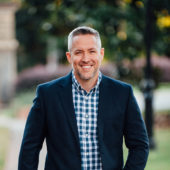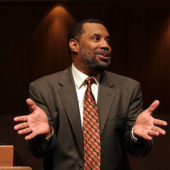It’s that time of year when we look out the window and see snowflakes coming down. They are beautiful and unique, but the term “snowflake” has another meaning in today’s culture. It refers to children or young people who constantly seek to avoid emotionally charged topics, or dissenting ideas and opinions. “Snowflakes” have a lot of trouble coping with stress related to differences and diversity. Many college campuses are contributing to this lack of stress coping.
Here is one example: The University of Connecticut’s Republican group on campus invited Ben Shapiro, a conservative speaker and political commentator to speak at an event. If you have never ever heard Ben Shapiro, he is hardly controversial.
Before he even came to the campus, UCONN’s Associate Vice President and Chief Diversity Officer, Joelle Murchison, distributed a campus wide email to all students. Here is what it said. And I quote…
“We understand that even the thought of an individual coming to campus with the views that Mr. Shapiro expresses can be concerning and even hurtful and that’s why we wanted to make you aware as soon as we were informed.”
The University offered counseling services to students who might be upset by his “hurtful” views. This is complete nonsense! And it is disrespectful to people who truly struggle with mental health issues. Unfortunately, this is not an isolated incident.
College is supposed to be a place to learn, think critically and reason through diverse opinions. If those diverse opinions are not allowed, you don’t teach problem-solving and life skills. You don’t debate and learn how to critically think. Then, when students enter the workforce, they are unprepared to handle a co-worker who just might express a conservative viewpoint. Will they be offered counseling to deal with differences of opinions? Of course not!
It’s time for the snowflake mentality to melt away. Young people need to be exposed to diversity of thought and opinion and be allowed to debate and think rather than be forced a cultural narrative to which they might disagree. They need to experience disappointment, mistakes and failure. They need free debate and exposure to ideas other than a one-sided agenda. Life isn’t lived in a safe space.
Parents can help build resiliency. Allow your teen or young adult to think of solutions to their own problems. Stop the helicopter parenting and let them do for themselves. Don’t argue with a teacher in order to inflate your kid’s grades. Give your child the experience of not getting everything he or she wants. Let your child work for rewards. This is how you teach them to problem-solve. We can’t protect children from every negative feeling and experience in life, but we can teach them resiliency and coping. All of this builds their independence, not a continuing dependence.
Melting the snowflake generation through coping and resilience

















